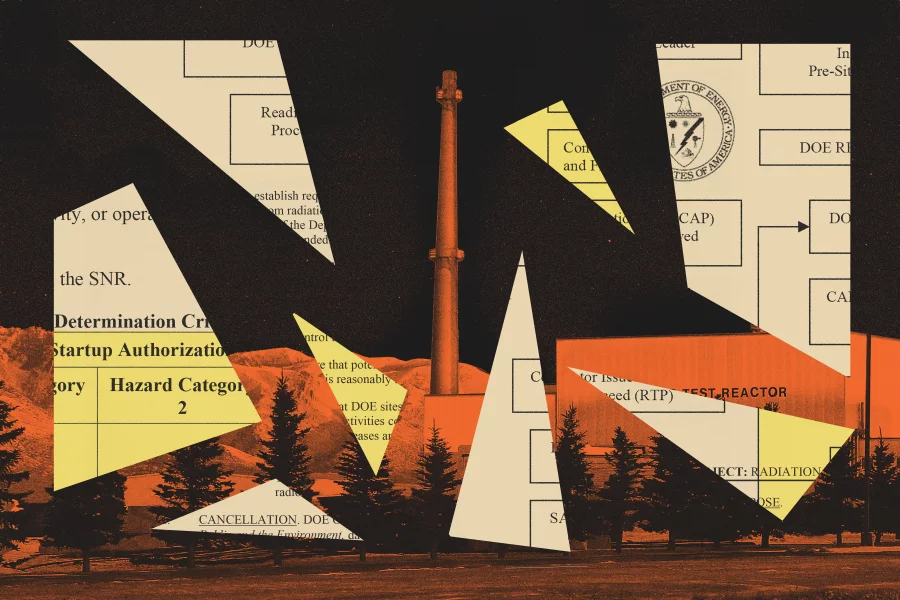 Germany, the economic engine of Europe, said Monday that it will close all of its nuclear power plants over the next 11 years, the latest aftershock from the Japanese earthquake and partial meltdown it set in motion at the Fukushima Daiichi nuclear complex.
Germany, the economic engine of Europe, said Monday that it will close all of its nuclear power plants over the next 11 years, the latest aftershock from the Japanese earthquake and partial meltdown it set in motion at the Fukushima Daiichi nuclear complex.
The move is an about-face for German Chancellor Angela Merkel, whose government until recently had supported nuclear power as a way to generate electricity without releasing additional greenhouse gases — and without increasing reliance on Russia, Germany’s main source of natural gas.
It also marks a new setback for nuclear power proponents, who have been on the defensive since four of the reactors at Fukushima Daiichi started leaking radioactive materials in mid-March.
Earlier, Merkel’s party, the Christian Democratic Union, had advocated the extension of operating licenses for the country’s 17 nuclear power plants by an average of 12 years, saying that nuclear power is needed as an important “bridging technology” while renewables make further advances.





 Donald Trump has vented his fury against a green energy deal between the British government and...
Donald Trump has vented his fury against a green energy deal between the British government and... The Trump administration has overhauled a set of nuclear safety directives and shared them with the...
The Trump administration has overhauled a set of nuclear safety directives and shared them with the... For those who did not manage to buy portable gas heaters and stoves, firebricks have become...
For those who did not manage to buy portable gas heaters and stoves, firebricks have become...






























